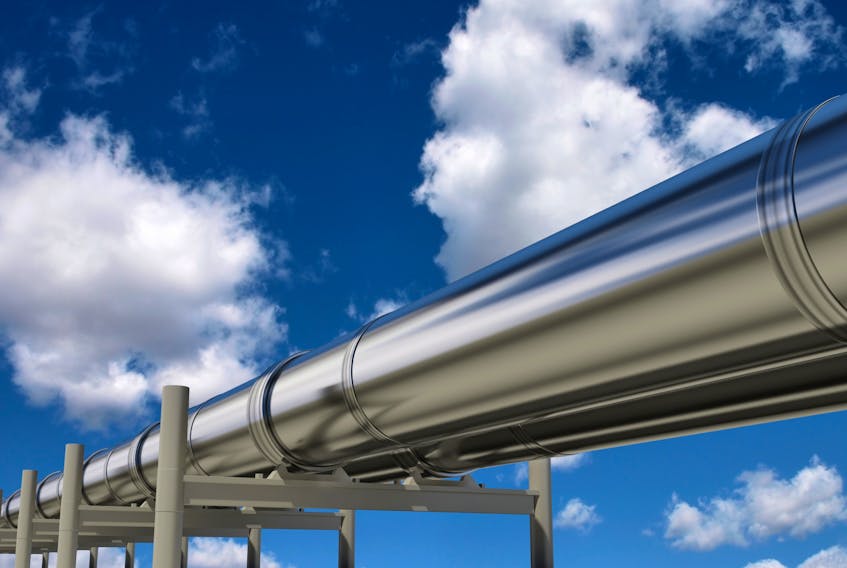Bet you didn’t know you were part of a pipeline.
The very start of a pipeline, in fact — a pipeline from your wallet to the financiers who lent money to build Muskrat Falls.
At least, that’s the way it’s spelled out in written documents obtained by the Muskrat Falls Inquiry.
And what those documents — in this case, a cabinet document titled “Legislative Amendments Required to Advance the Implementation of the Muskrat Falls Project” from 2012 — ably point out is that, when it came to the project, it was more important to give iron-clad protection to the lenders than it was to protect the people who will have to pay electrical bills.
“Essentially, customers for the power will have to be locked in; that is, they will not have the ability to make alternate arrangements to obtain power, but instead will be fixed as part of the revenue pipeline necessary to ensure the certainty of delivery of the revenue stream required for lenders,” the document says.
Yes, you heard right: we pay even if there’s no power.
“For example, once construction is complete and the project is commissioned there will be an absolute requirement for Newfoundland and Labrador Hydro (NLH) to pay the Muskrat Falls and Labrador Island Link (LIL) entities, even in extreme events where failures could result in no power being generated or delivered (if that was to occur).”
Yes, you heard right: we pay even if there’s no power. The documents even point that out again: “these contracts will contain provisions relating to the need to ensure the revenue pipeline is protected. This will include, for example, provisions requiring payment by NLH, even in the event of power or transmission disruptions.”
But that’s not the only thing that was being done to protect the “revenue pipeline.” The government recognized that the Public Utilities Board could refuse to increase rates under existing law if the project wasn’t the most economical source of power; the law was changed, once again to protect investors and the pipeline.
And there’s more. The provincial government had to make that good old cash pipeline the only game in town.
“The construction of the Maritime Link and LIL may present opportunities for Newfoundland Power (NP) to obtain some or all of its power from imported sources. In addition, there could be leakage from the revenue pipeline if NP were to expand their own power generation or if NP or industrial customers were to purchase power from generation on the island other than from NLH. Either case would compromise the revenue pipeline from island ratepayers,” the document says.
You can understand what the provincial government was doing: making the project a no-risk deal for investors.
But it doesn’t make it any easier to take that our own government designed a system where the lenders are marvelously protected, and the customers are not.









